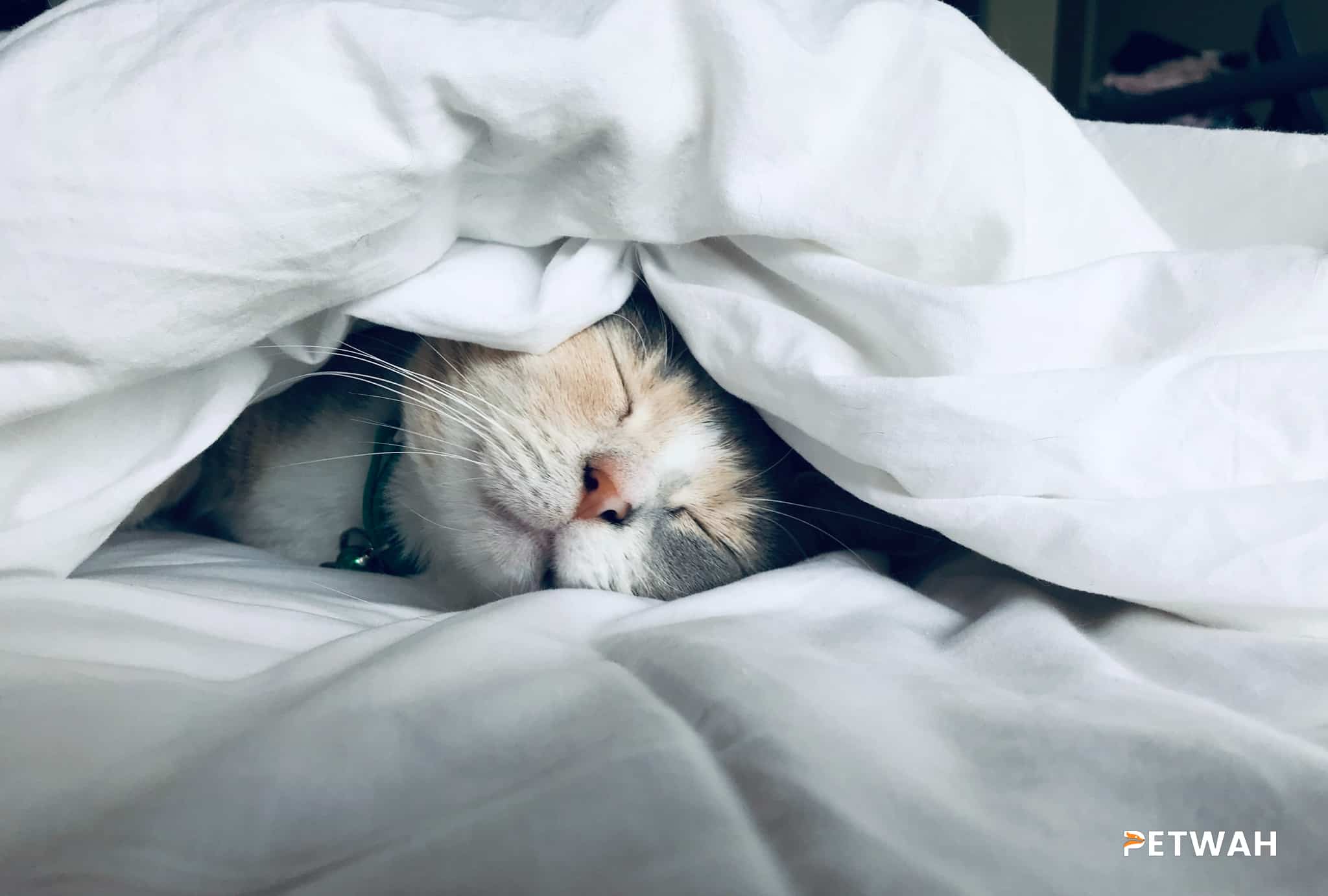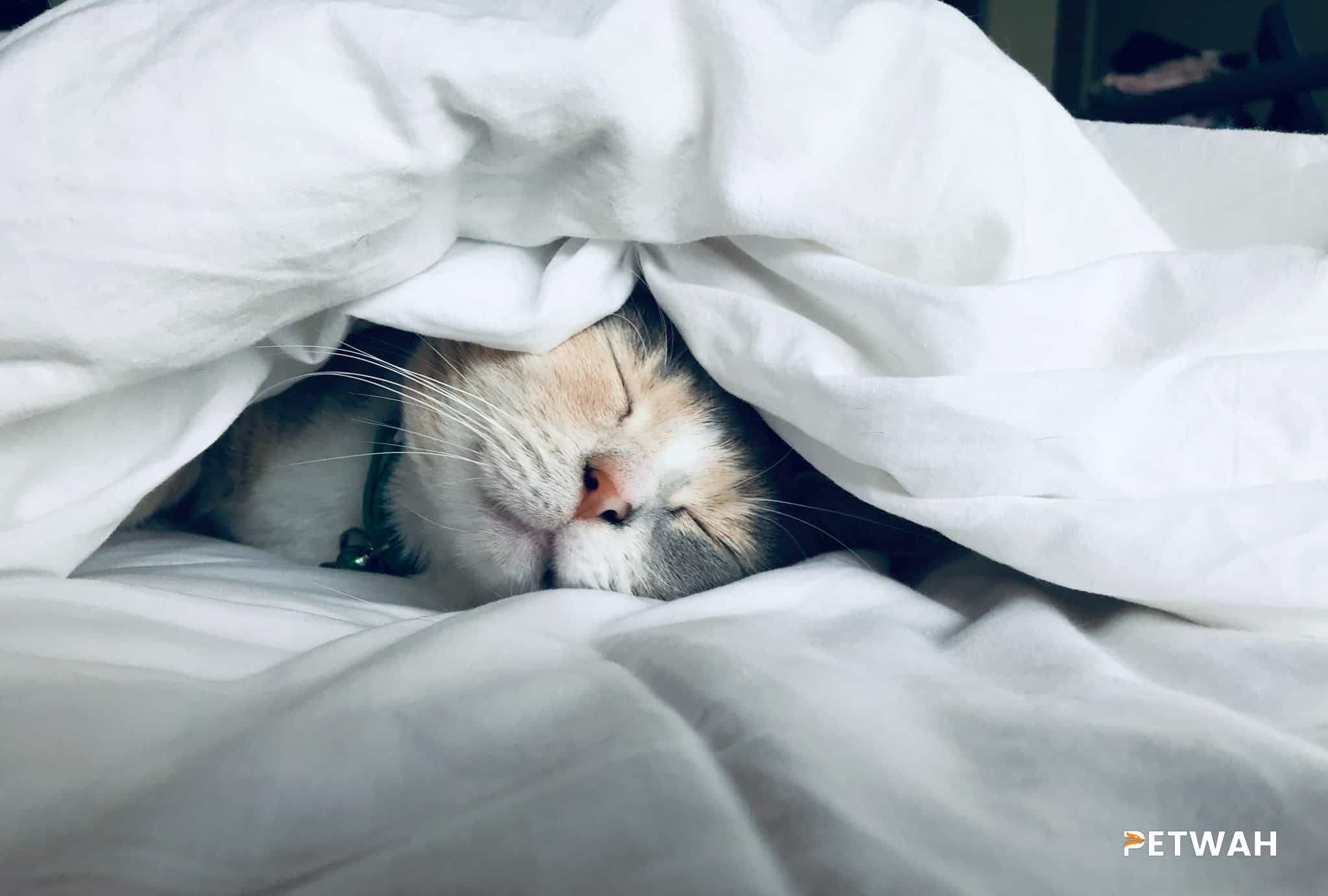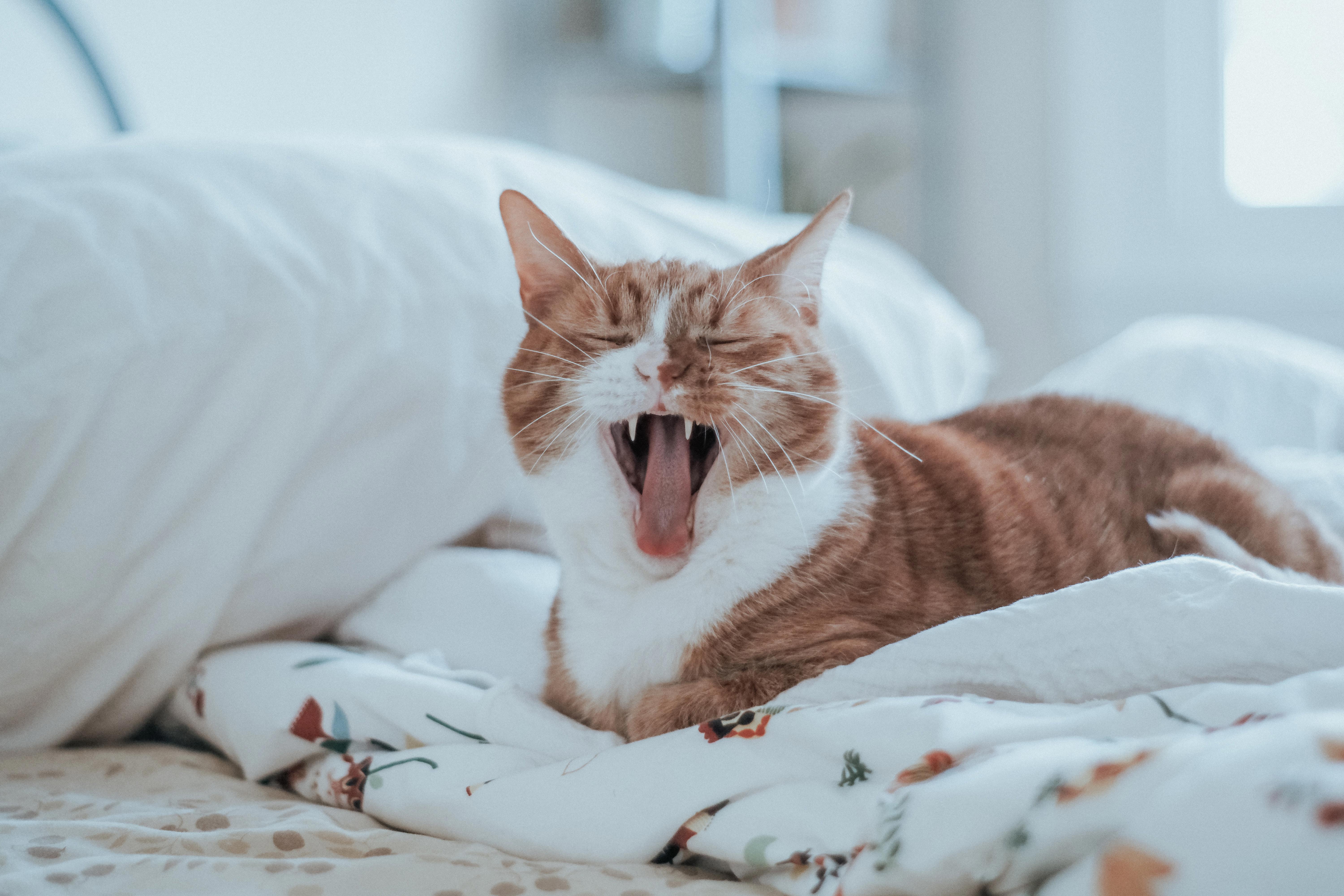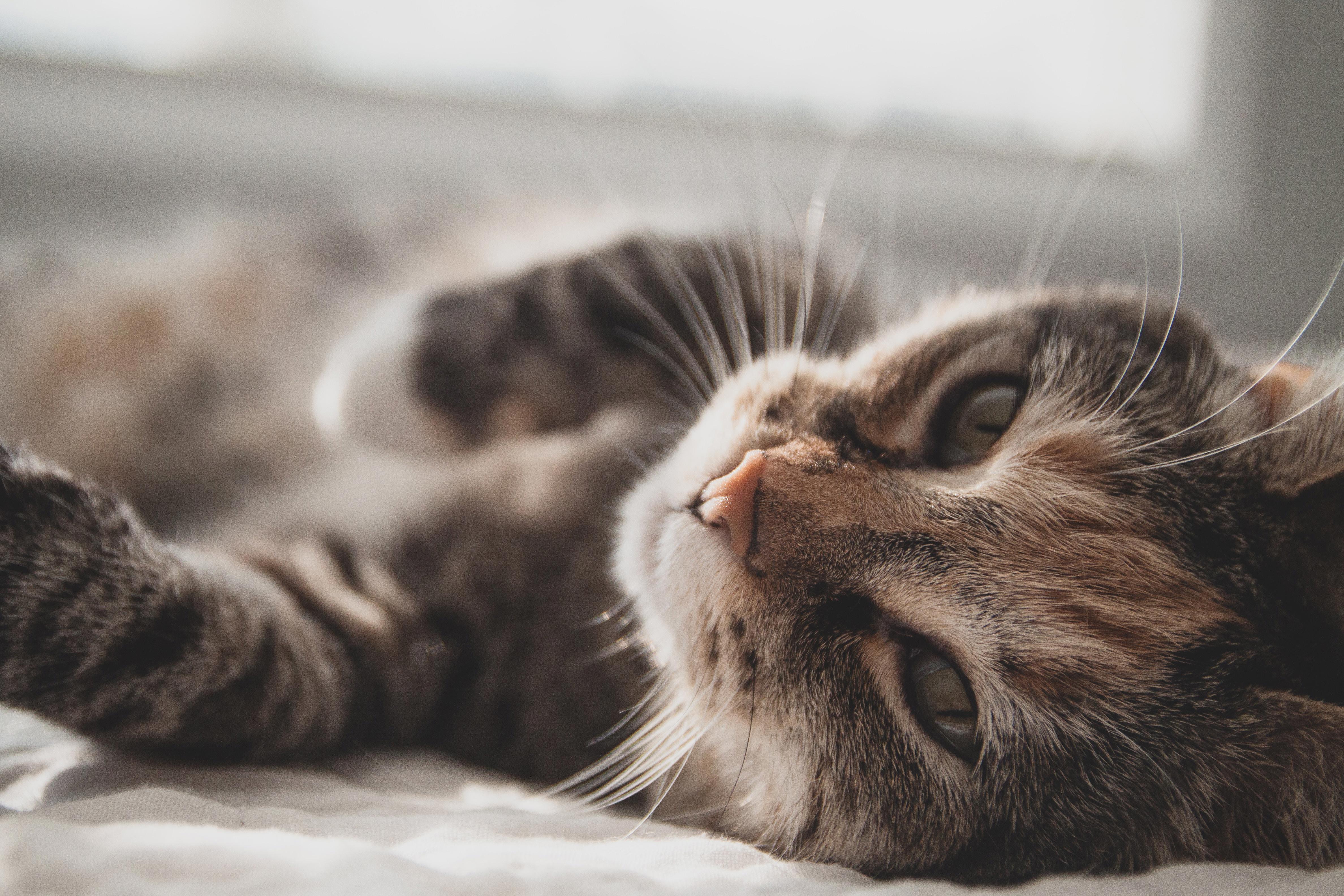Cats are beloved companions, but they are also prone to certain health issues. Being aware of the signs and symptoms of common health problems can help pet owners take proactive measures to address them. In this blog post, we will explore some of the signs of common health issues in cats and discuss how a couple can tackle them head-on.
Recognizing the signs:
1. Lethargy: If your cat is unusually lethargic, it could be a sign of an underlying health issue. Monitor their energy levels and consult a veterinarian if you notice prolonged periods of inactivity or listlessness.

2. Changes in appetite: A sudden decrease or increase in appetite can indicate an issue. Cats are known for being finicky eaters, so any significant changes in their eating habits should be taken seriously.
3. Weight loss or gain: Fluctuations in weight can be a red flag. Rapid weight loss or gain could be a symptom of various health conditions, such as hyperthyroidism or diabetes.
4. Vomiting or diarrhea: Occasional hairballs are normal for cats, but frequent vomiting or diarrhea is not. If these symptoms persist or are accompanied by other signs of illness, it’s essential to seek veterinary attention.
5. Changes in litter box habits: Pay attention to any changes in your cat’s litter box routine. Increased frequency of urination, difficulty in passing urine, or blood in the urine could indicate urinary tract infections or other urinary issues.
Taking proactive measures:
1. Regular veterinary check-ups: Regular visits to the vet are crucial for maintaining your cat’s overall health. Opt for annual wellness exams where your veterinarian can assess your cat’s condition and address any concerns before they become major issues.
2. Balanced diet: Providing a balanced and nutritious diet tailored to your cat’s needs is crucial. Consult your veterinarian for guidance on the appropriate type and amount of food to feed your furry friend.
3. Hydration: Make sure your cat has access to fresh, clean water at all times. Dehydration can lead to various health problems, including urinary tract issues.
4. Regular exercise: Cats need physical and mental stimulation to stay healthy. Engage your cat in regular play sessions and provide them with toys or scratching posts to keep them active and mentally stimulated.
5. Maintain a stress-free environment: Cats are sensitive creatures, and stress can contribute to health issues. Create a calm and safe space for your cat, provide hiding spots, and ensure they have a routine that minimizes anxiety.
FAQs:
1. Can I use over-the-counter medications to treat my cat’s health issues?
It is crucial to consult your veterinarian before administering any medication to your cat. Human medications can be toxic to cats, and improper use can worsen their condition.
2. How often should I brush my cat’s teeth?
Daily tooth brushing is ideal, but if that’s not feasible, aim for at least three times a week. Regular dental care can prevent periodontal disease, a common dental problem in cats.
3. What should I do if I suspect my cat is in pain?
If you suspect your cat is in pain or discomfort, contact your veterinarian immediately. They can assess the situation and provide appropriate pain relief or treatment options.
4. Should I be concerned if my cat has a hairball?
Hairballs are a common occurrence in cats, but if your cat frequently has hairballs or if they become larger in size or increase in frequency, it’s best to consult your vet. They can provide guidance on preventing hairballs or address any underlying issues causing excessive hairball formation.
5. Is pet insurance worth it for my cat?
Pet insurance can provide financial assistance for unexpected veterinary expenses. Consider your cat’s health history, breed, and lifestyle to determine if pet insurance is a worthwhile investment for your specific situation.
By being attentive to your cat’s health and addressing any signs of illness promptly, you can help them lead a happy and healthy life. Remember, always consult your veterinarian for professional advice tailored to your cat’s specific needs.
PetWah:
For more information on cat health and wellness, visit PetWah (www.petwah.com). PetWah offers a range of resources, products, and services dedicated to supporting pet owners in caring for their beloved companions.
[Concluding paragraph]







